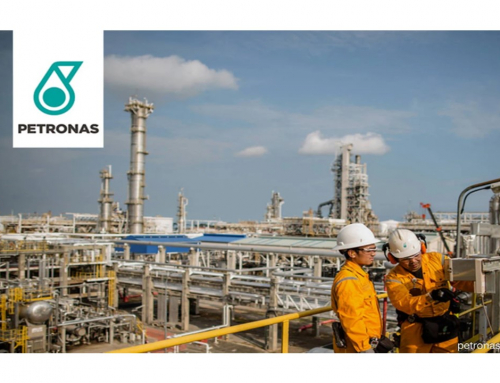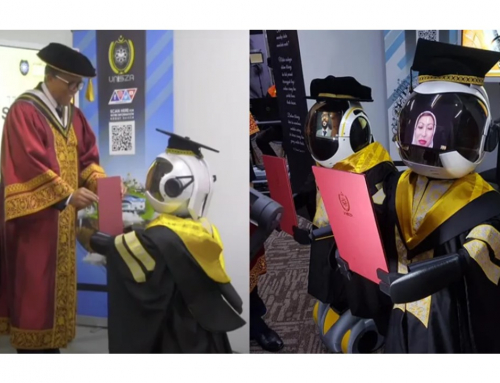
Malaysia already has several smart cities, like Cyberjaya and Kuala Lumpur. Like other smart cities around the world, they are designed to enhance the quality of life of their citizens.
In Malaysia, smart cities offer a great potential for growth. However, they are still some way behind the top as they are still new. Cities like London and New York are leaders when it comes to integrating and connecting IoT devices.
Of course being new has its advantages, and thanks to that, Malaysia was able to avoid many pitfalls that other cities faced when they first started. Malaysia can apply technology and systems that already have a proven track record.
By working with other nations, Malaysia can make enormous progress. In fact, it is already forging ahead in making an integrated rail system and it is working with the UK to develop a manageable and sustainable strategy for the system to work seamlessly.
There are, however, other challenges to overcome. For instance, Malaysia is still lagging behind in terms of energy efficiency and in adopting green technology, when compared to other countries. However, its commitment to using electric buses is a step in the right direction.
Other challenges to overcome include traffic congestion, overcrowding, lack of affordable housing and damage to the environment. The systems which come from developing smart cities will go a long way to solving these.
Malaysia’s aim is to become a high-income economy by 2020. This goal can be achieved by advancing a smart city initiative and working on coordinated policies which address integrating smart city technologies and systems into the cities that are already there.
Smart cities are innovative, green and sustainable. Annette Dixon, the World Bank’s Country Director for Malaysia, had this to say on the matter, “Cities are central to Malaysia’s high-income aspirations. Cities create proximity and facilitate the flow of knowledge that drives innovation. In order to achieve high-income country status by 2020, Malaysia needs to start creating the environment for smart cities today.”
Yet another challenge that Malaysia will need to address is to increase the volume and quality of skilled workers in its cities. This will mean better education and improving the quality of life in cities in order to encourage local talent and attract foreign skilled workers who can contribute to innovation and the development.
Ms. Dixon also commented that, “as cities concentrate a growing share of the national economy, it is imperative that they have systems to avert and manage natural hazards and prevent them from becoming human and economic disasters.” “Malaysian cities are especially vulnerable to floods and landslides. To reduce the risks related to these hazards, Malaysia would benefit from environmental restoration and integration of risk reduction into development planning.”
From this, we can say with reasonable confidence that smart city initiatives would help Malaysia immensely and that smart cities are a sure fire way to ensuring the country’s economic growth and development.
Source: http://www.proptechnews.asia/2018/08/smart-cities-can-help-boost-malaysias-economy/






